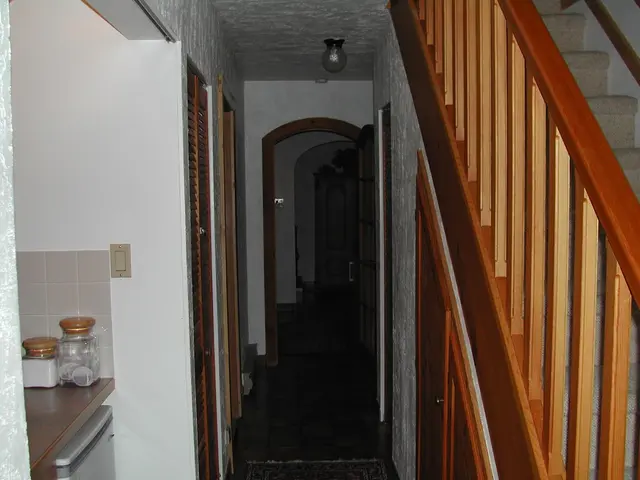Housing predicament in New York finds solid support for rent control and social housing, reveals recent survey
Top Priorities for New York Politicians in 2026: Housing Affordability
In response to growing concerns about housing affordability, New York politicians are focusing on several key areas in 2026. A poll conducted by Housing Justice For All and Data For Progress from July 1 to July 11 reveals the top priorities for addressing the crisis.
Rent Stabilization and Tenant Protections
A slight majority (51%) of New Yorkers prefer limiting rent increases and investing public dollars in affordable housing over deregulating for private development incentives. Tenant advocates emphasize the need for stronger state intervention to stop unfair rent hikes, supported by 64% of respondents who think the state should step in to regulate landlords [2].
Expansion of Affordable Housing Production
The lack of new housing supply is a core driver of the affordability crisis. Politicians are encouraged to accelerate affordable housing development through public subsidies, zoning reforms to allow more construction, and innovative building methods like modular homes. Governor Hochul's budget for FY 2026 includes $50 million capital funding and tax incentives aimed at increasing affordable "starter homes" and supporting nonprofit homebuilding on vacant lots in upstate cities [1][3].
Social Housing Investments
Nearly half of New Yorkers (46%) support public social housing as a solution, reflecting strong backing for government investment in affordable housing programs [2].
Addressing the Impact of Federal Funding Cuts
Proposed sharp reductions in HUD funding (estimated 46% decrease) threaten housing subsidies that benefit over a million New Yorkers, especially in vulnerable neighborhoods. This situation makes it urgent for local politicians to safeguard affordable housing funding and stabilize these programs [4][5].
The poll involved 1067 New Yorkers and has a margin of error of 3 percentage points. The political power of tenants is becoming increasingly noticeable, with a new statewide tenant group working to offset the power of the real estate industry. High-profile elections are being influenced by voters' concerns about housing affordability, with 68% of respondents saying they would be more likely to support a candidate who backed public investments in social housing, and 69% saying they would be more likely to support a candidate who backed rent stabilization.
The emergence of a new statewide tenant group signals a shift in political dynamics, as several upstate cities are adopting 'good cause' eviction and rent control policies. This trend was highlighted by a tenant-focused primary win, demonstrating the growing influence of tenants in New York elections. As the affordability crisis continues to impact the lives of many New Yorkers, these priorities aim to provide relief and ensure a more equitable housing market for all.






